________________________________________________________________________________
Compact Track Loaders / Case Compact Track Loaders / Case 450CTCase 450CT Track Loader Troubleshooting
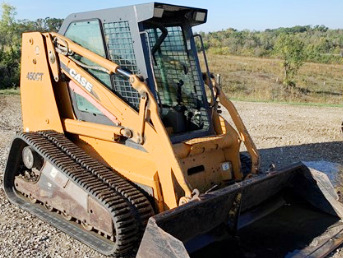
The Case 450CT compact track loader is powered by 274 cu.in (4.5L) Case 445T/M2 four-cylinder direct injection turbocharged diesel engine with a rated power of 89 hp (66 kW). The Case 450CT is equipped with a two-speed hydrostatic transmission, planetary single reduction, 17.7" (450 mm) rubber tracks with steel inserts, and radial-lift loader boom. The hydraulic system has a pump with fluid flow rate of 21.9 gpm (83 lpm). The hydraulic pressure is 3050 psi (210 bar). The track loader has a rated operating capacity of 2700 lbs (1225 kg) and tipping load of 7716 lbs (3500 kg). The lift height is 124.5" (3160 mm) to hinge pin, and dump height is 94.5" (2400 mm).
Engine Troubleshooting
Diesel engine hard to start or doesn't start
Air trapped in fuel system - Bleed air.
Fuel filter element clogging - Filter maintenance required.
Fuel injection nozzles are dirty or defective - Clean or change injection nozzles.
Water or dirt in fuel system - Drain, flush, and service the system.
Valve clearance is out of adjustment - Adjust valve clearance according to specifications.
Damaged fuel injection pump - Replace or rebuild injection pump.
Engine starts and stalls suddenly
Air cleaner is dirty - Clean or change cleaner.
Fuel filter plugging - Replace filter element.
Problems with fuel injection pump tightness - Inspect fuel injection pump for leaks.
Dirty or defective injectors - Clean fuel injectors or change it.
Defective fuel injection pump - Change pump or rebuild it.
Engine stops unexpectedly during operation
Engine not warmed up - Warm up engine as required.
Dirty fuel filter - Service or replace the filter.
Air in fuel tank - Bleed fuel tank.
Faulty or dirty injection nozzles - Inspect nozzles and replace if necessary.
Wrong setting of fuel injection pump timing - Check the fuel injection pump timing adjustment.
Engine stalls while idling
Low idle speed adjustment is incorrect - Adjust low idle speed.
Damaged fuel injection pump - Change pump or rebuild it.
Clogged or defective injectors - Clean fuel injectors or change it.
Improper valve clearance - Adjust valve clearance.
Engine power is too low
Dirty air filter - Install new air filter element.
Clogged injection nozzle - Clean or change injection nozzles.
Incorrect fuel injection pressure - Correct the pressure settings.
Excessive valve clearance - Adjust valve clearance.
Incorrectly set low idle speed - Adjustment required.
Dirty fuel lines or hoses - Fuel lines and hoses need to be cleaned.
Cylinder head gasket is damaged - Install a new gasket.
Piston rings are defective or leaking - Install new piston rings.
Engine is overheated
Not enough coolant - Top up coolant fluid and check system for leaks.
Engine oil level is low - Check oil level and add oil as required.
Dirty radiator core or faulty radiator cap - Clean radiator or install new cap.
Fan belt is broken or worn - Change as required.
Engine overload - Load reducing required.
Oil pressure too low
Engine oil insufficient - Fill the crankcase with oil.
Dirty oil filter element - Replace or service engine oil filter.
Different type of engine oil - Use oil of proper viscosity.
Excessive oil clearance of crankshaft bearing - Replace bearings.
Oil pump is worn or damaged - Inspect and change as required.
Abnormal engine knocking or noise
Low engine oil level - Checking oil level and add if necessary.
Engine has not warmed up to recommended temperature - Warm up the engine as required.
Fuel injection pump timing is wrong - Check the fuel injection pump timing adjustment.
Incorrectly set low idle speed - Adjustment required.
Damaged or clogged injectors - Test and replace fuel injectors if necessary.
Faulty or misaligned connecting rod - Connecting rod needs to be replaced or aligned.
Piston wear or scoring - Replace the pistons as required.
Drive system won't work in one direction or either direction
Hydraulic oil is insufficient - Fill the system to proper hydraulic oil level.
Damaged or jammed undercarriage tracks - Repair or remedy jamming.
Relief valver is broken - Change or repair relief valve.
Suction line or hydraulic filter is dirty - Check, clean, or replace if required.
Hand or foot controls failure - Replace or repair.
Defective drive pump or motor - Change or repair faulty component.
Machine does not drive straight or drives jerky
Undercarriage tracks are defective or jammed - Repair or remove jamming.
Tracks are sagging or malfunctioning - Adjust track sag with tensioning or replace tracks.
Track frame is clogged with debris, dirt, or foreign objects - Remove debris or foreign objects and clean track frame.
Reduced power
Hydraulic oil filter is plugged - Change or service hydraulic filter.
Damaged or opened relief valve - Replace or close relief valve.
Faulty or worn transmission components - Check and change faulty components.
Input drive shaft failure - Repair or replace drive shaft.
Hydraulic system is leaking air - Air bleeding is required.
Drive system overheats
Insufficient hydraulic fluid - Check and refill the hydraulic fluid.
Dirty hydraulic fluid filter - Check, clean, or change as necessary.
Relief valve is not working correctly - Change or repair relief valve.
Hydraulic motor or drive pump failure - Inspect and replace as necessary.
Hydraulic oil cooler is dirty - Cooling fins need to be cleaned.
Overloaded drive system - Load should be reduced.
Drive system is noisy
Oil viscosity is wrong - Use proper oil viscosity.
Air leaks in hydraulic system - Air bleeding is required.
Hydraulic motor or drive pump failure - Repair or change faulty component.
Defective or worn mechanical components of drive system - Check the components for worn or defect and replace if necessary.
Hydraulic system overheating
Hydraulic pressure incorrectly adjusted - Adjust it correctly.
Unadjusted or defective main relief valve - Adjust or change relief valve.
Dirty hydraulic oil - The oil must be changed.
Hydraulic oil level is low - Fill the hydraulic system with oil.
Worn hydraulic oil pump - Repair or change pump if required.
Lift arm does not lower or raise
Lift controls are damaged - Check and repair as required.
Defective hydraulic pump - Install new pump or repair it.
Hydraulic control valve is defective - Repair or replace the valve.
Hydraulic cylinder is defective - Repair or replace hydraulic cylinder.
Hydraulic fluid level low - Fill up the hydraulic fluid.
Bucket tilt does not work
Bucket controls failure - Check and repair as required.
Hydraulic pump failure - Change or repair hydraulic pump if required.
Faulty hydraulic control valve - Install a new valve or repair it.
Damaged bucket cylinder - Repair or change cylinder.
Hydraulic oil is insufficient - Fill the system to proper hydraulic oil level.
Boom or bucket is working slowly
Hydraulic pump is faulty - Check pump flow and install new pump if necessary.
Leaking hydraulic cylinder - Correct leakage by changing the seals.
Low hydraulic fluid level - Checking hydraulic fluid level and add if necessary.
Hydraulic control valve is not set properly or defective - Repair or adjust properly.
Hydraulic pressure is low - Correct setting is required.
Lift arm or bucket is moving jerkily
Air leaks in hydraulic system - Bleed air from system.
Dirty hydraulic oil filter element - Clean or replace the filter.
Hydraulic fluid contamination - Hydraulic fluid change required.
Scratched cylinder rod or tube - Replace worn component.
Hydraulic pump is noisy
Insufficient oil level or leaking hydraulic system - Repair hydraulic leaks or add oil as required.
Hydraulic filter is dirty - Clean or install new filter.
Suction line clogging - Need to service the suction line.
Pump is sucking air - Air bleeding is required.
Pump components are damaged - Replace or rebuild the pump.
Battery won’t charge
Wiring connections are corroded or loose - Service or tighten connections.
Battery terminal clamps are defective - Install new terminal clamps.
Faulty cell in battery - Change the battery.
Defective or loose belt - Belt needs to be adjusted or replaced.
Starter motor cranks slow
Battery capacity is low - Battery is drained, charge it.
Battery will not hold charge - Service charging system or replace battery.
Battery terminals are corroded or wires are disconnected - Check cables and service or change terminals.
Starter motor won't turn
Battery is low or faulty - Change or recharge battery.
Battery cables are disconnected or improperly connected - Inspect cables and connect properly.
Low battery capacity - Battery needs to be recharged.
Starter motor is defective - Starter should be changed.
________________________________________________________________________________
________________________________________________________________________________________
| BOBCAT SKID STEER AND COMPACT TRACK LOADERS |
________________________________________________________________________________________
________________________________________________________________________________________
________________________________________________________________________________________
________________________________________________________________________________________
| GEHL SKID STEER AND COMPACT TRACK LOADERS |
________________________________________________________________________________________
________________________________________________________________________________________
________________________________________________________________________________________
| CASE SKID STEER AND COMPACT TRACK LOADERS |
________________________________________________________________________________________
________________________________________________________________________________________
________________________________________________________________________________________
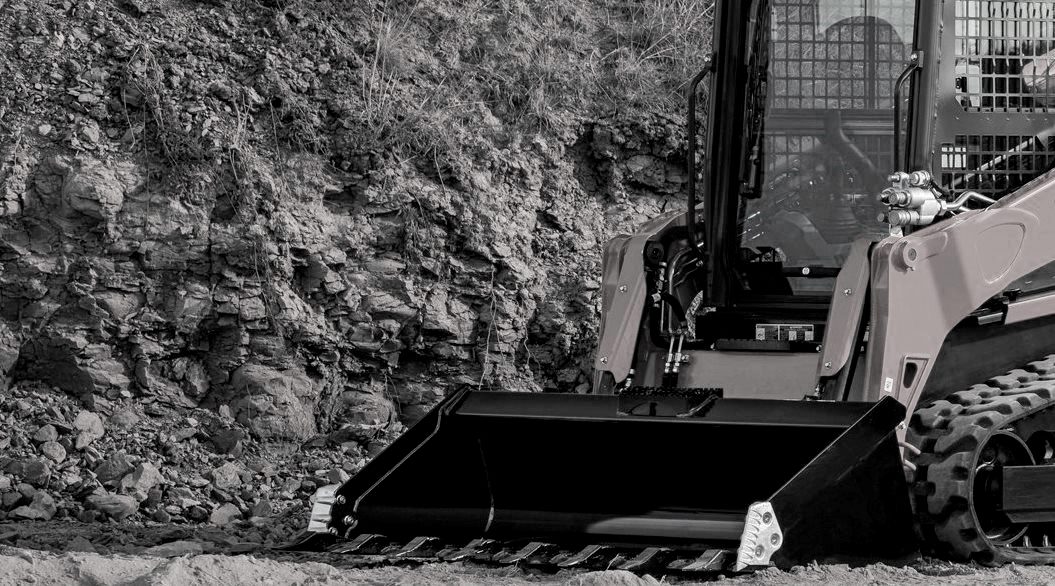
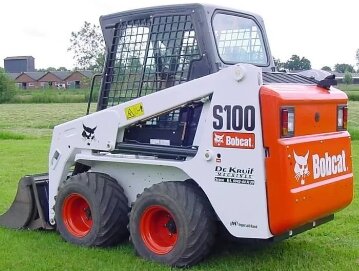 S100
S100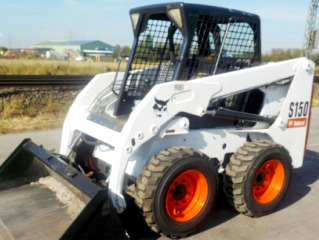 S150
S150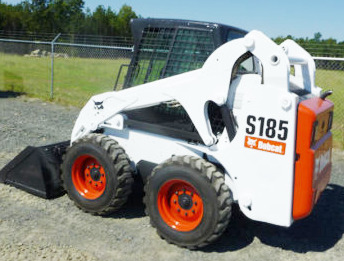 S185
S185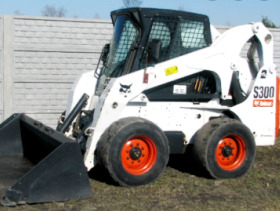 S300
S300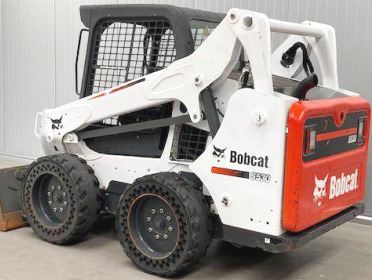 S530
S530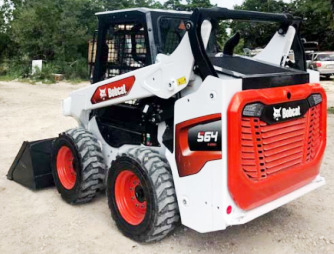 S64
S64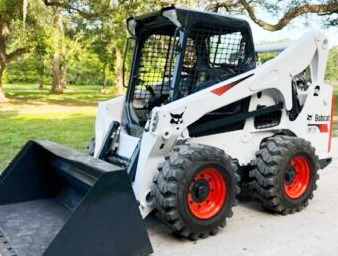 S740
S740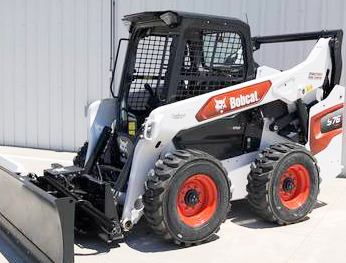 S76
S76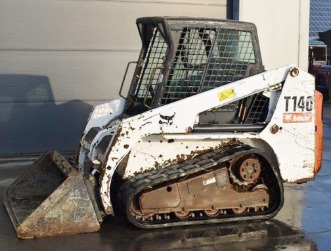 T140
T140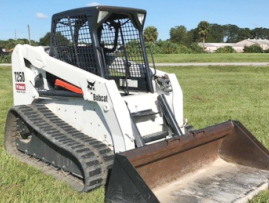 T250
T250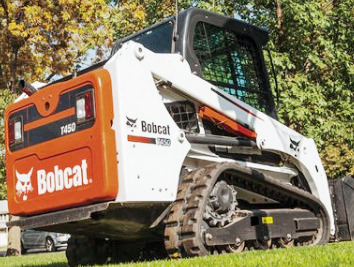 T450
T450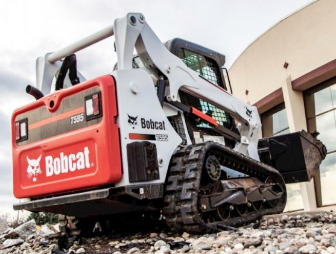 T595
T595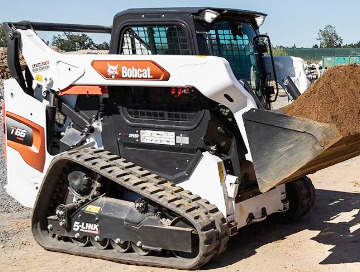 T66
T66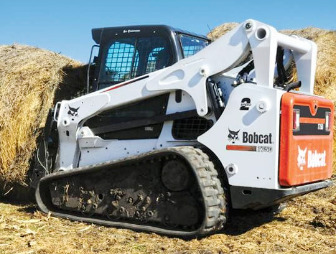 T750
T750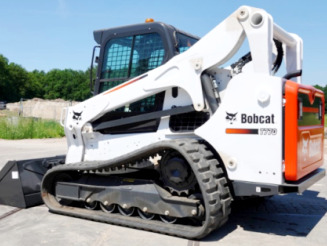 T770
T770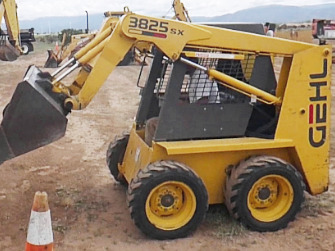 3825SX
3825SX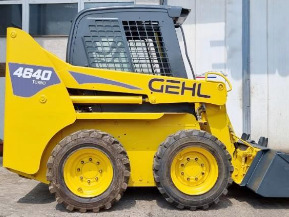 4640
4640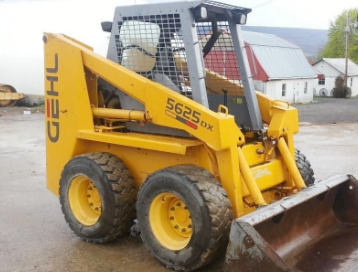 5625DX
5625DX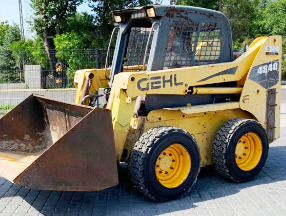 4840E
4840E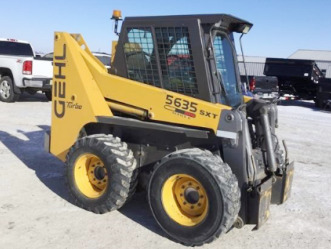 5635SXT
5635SXT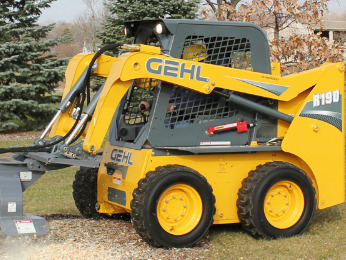 R190
R190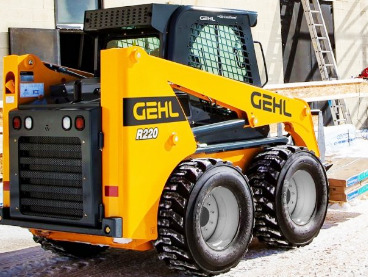 R220
R220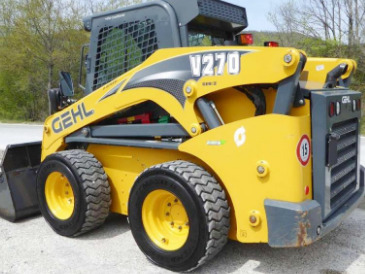 V270
V270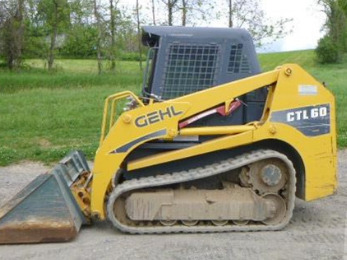 CTL60
CTL60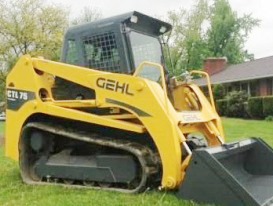 CTL75
CTL75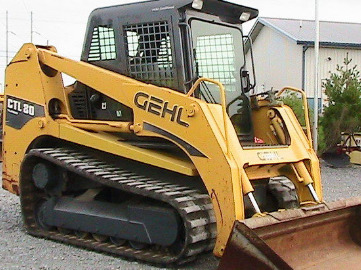 CTL80
CTL80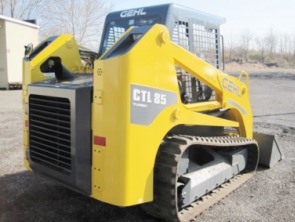 CTL85
CTL85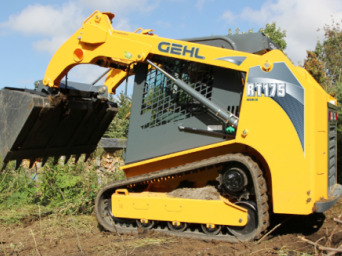 RT175
RT175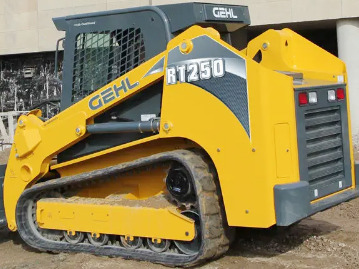 RT251
RT251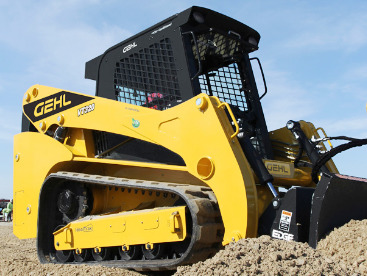 VT320
VT320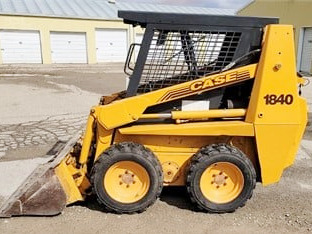 1840
1840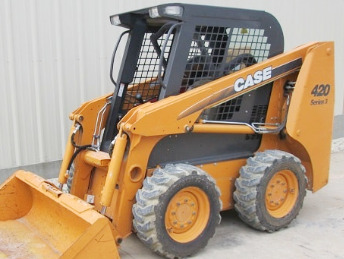 420
420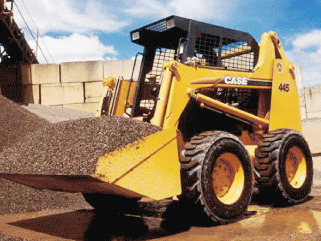 445
445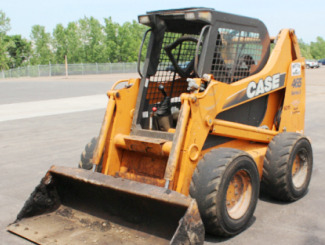 465
465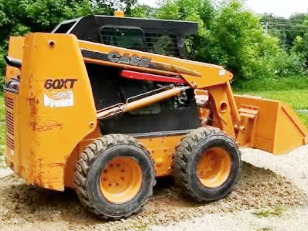 60XT
60XT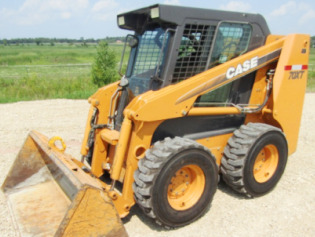 70XT
70XT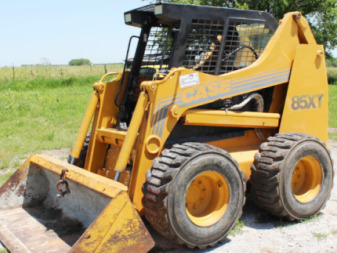 85XT
85XT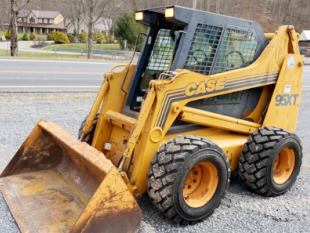 95XT
95XT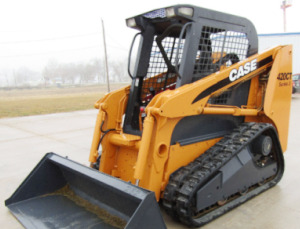 420CT
420CT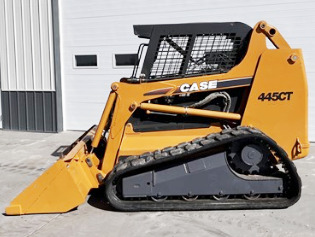 445CT
445CT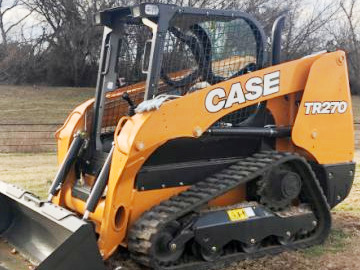 TR270
TR270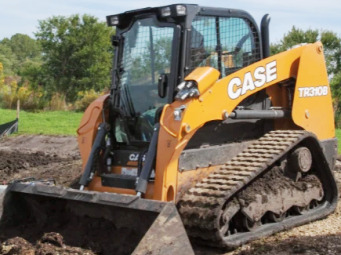 TR310B
TR310B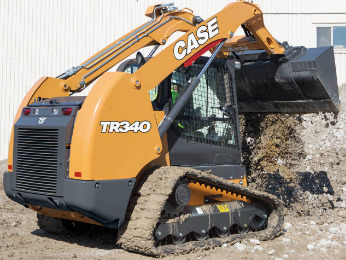 TR340
TR340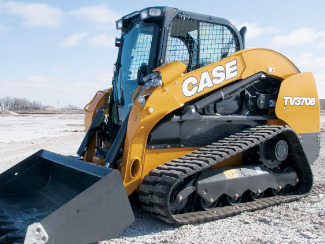 TV370B
TV370B